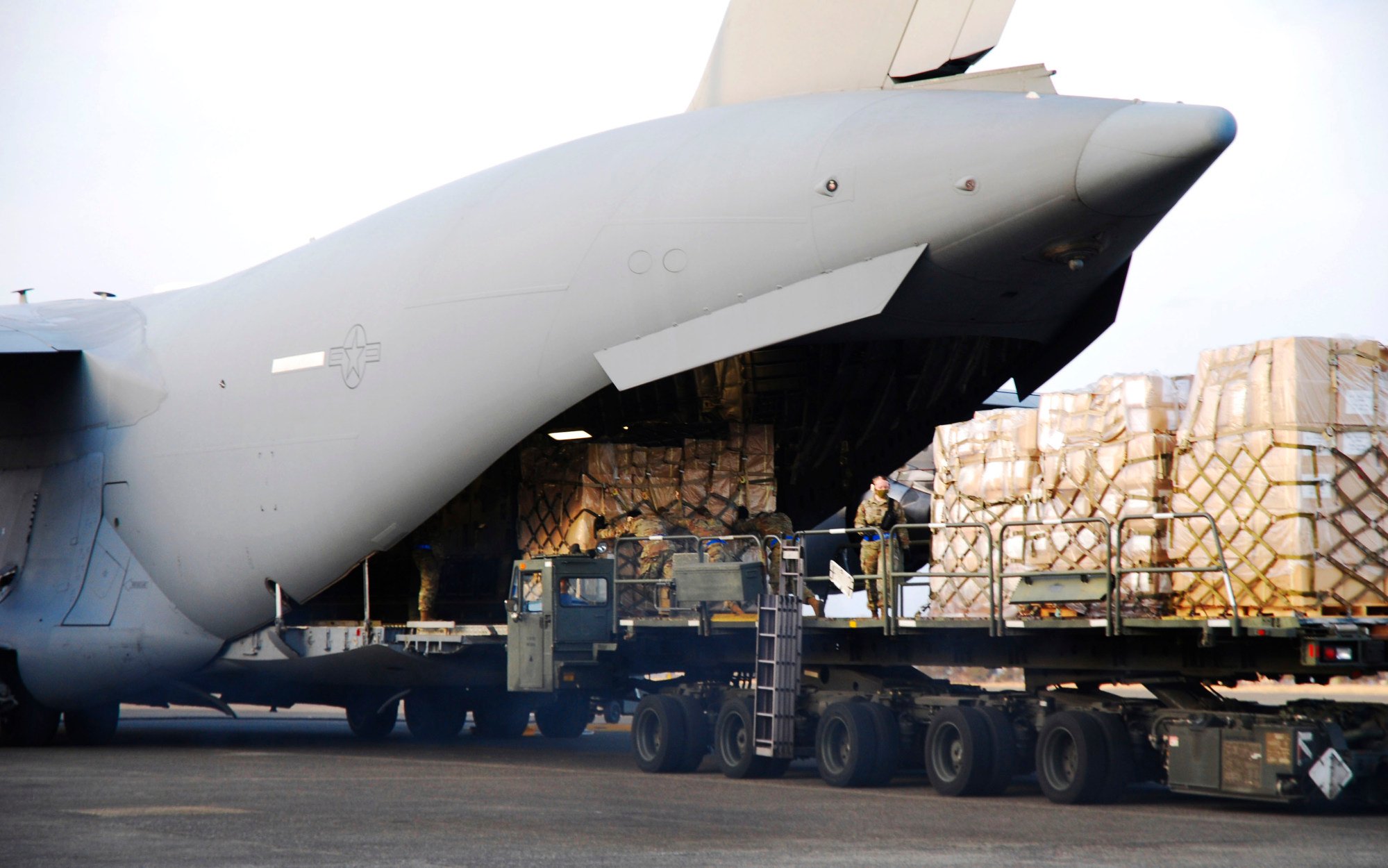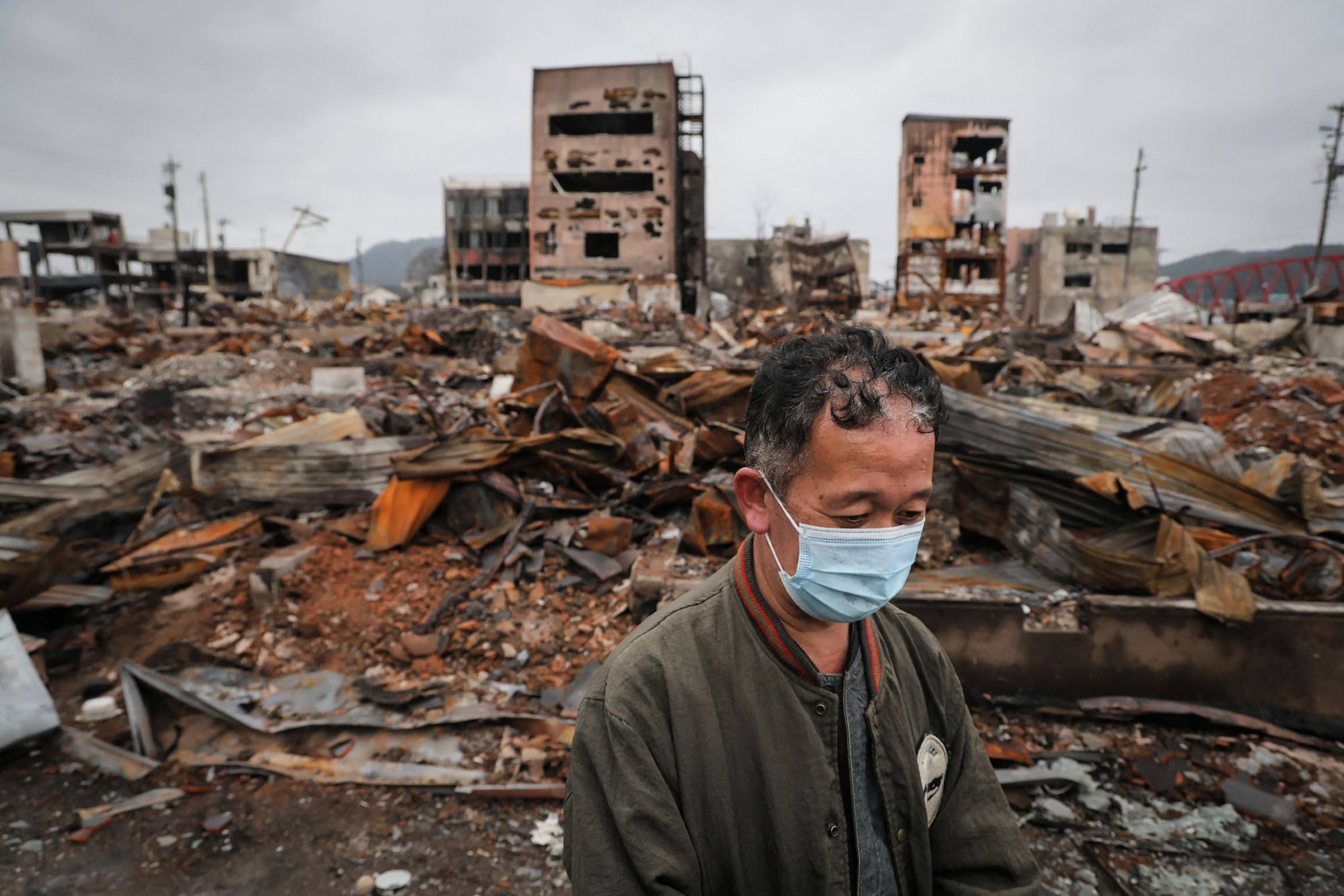Japan has identified seven priority areas of help, including the energy sector, improvements in humanitarian conditions and investment in agriculture development.
Heavy engineering firm IHI – one of around 50 private sector companies set to attend the conference – plans to offer temporary bridges that are easy to assemble and will replace spans knocked out in the fighting. The company also plans to establish a manufacturing facility in neighbouring Romania and transport the components to Ukraine for final assembly.
Japan is also helping to fund the creation of a new department at Igor Sikorsky Kyiv Polytechnic Institute to teach the safe location and removal of landmines.
Japan faces ‘nightmare scenario’ as Russia, China could upset US-led order
Japan faces ‘nightmare scenario’ as Russia, China could upset US-led order
“It is important for both the public and private sectors to work as one to provide support through an all-Japan approach, involving small and medium-sized enterprises and start-ups, to say nothing of large enterprises.”
Japan has provided anti-mine technology, medical equipment, helmets, body armour and other non-lethal military equipment to Ukraine. And despite pressure earlier in the conflict to provide weapons to Kyiv, Kishida has made it clear that the terms of the constitution make it impossible to provide lethal equipment.

Ukraine has nevertheless welcomed Japan’s initiative, with Prime Minister Denys Shmyhal telling Kyodo News on Saturday that his country is “interested in comprehensive cooperation with Japanese businesses” and that he sees “huge potential” for the relationship between Japanese firms and Ukraine.
Shmyhal expressed hope that Japanese car manufacturers will share their expertise with firms in Ukraine and that others will invest in the extraction and processing of minerals and other critical raw materials. Kyiv is also hoping for help with its nuclear energy sector.
After nearly two years of war, the scale of the required economic support is colossal. The World Bank estimated last year that recovery will cost US$411 billion over the next decade – meaning that Tokyo’s US$105 million will be a fraction of what is required.
And that does not sit well with many Japanese.
Japan seeks to ease arms export rules in bid to be ‘good actor’ in Ukraine war
Japan seeks to ease arms export rules in bid to be ‘good actor’ in Ukraine war
“My feeling is that Japan, under the Kishida administration, is becoming an ATM dispensing cash with no principles,” said Yoichi Shimada, a professor of international relations at Fukui Prefectural University.
“The amount of tax that the Japanese government collects each year is limited and the responsibility of the government should be to provide for the Japanese people and to defend the nation,” he told This Week in Asia. “It is irresponsible for Japan to provide more money to Ukraine.”

Koichi Nakano, a professor of politics at Tokyo’s Sophia University, agreed that a degree of “war weariness” has set in among the Japanese public as the conflict drags on with seemingly few opportunities to end the fighting.
And as Japan is not a member of Nato or a part of Europe, many people in Japan feel it is unreasonable for European powers to pressure Japan to contribute more.
“There are some hawkish optimists who have claimed that Japan needs to show commitment to Europe because that will mean those nations will come to help us in East Asia if we need it in the future, but it is naive to believe that,” Nakano said.
“People here are not happy with the idea that Putin might get away with such aggression but, like many people in the US, the Japanese public is becoming less keen on further support for Ukraine because they just see no way out.
“There is a sense that we need to be less ideological and more pragmatic.”

